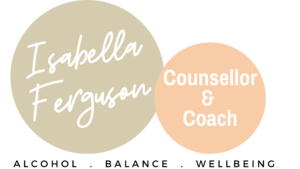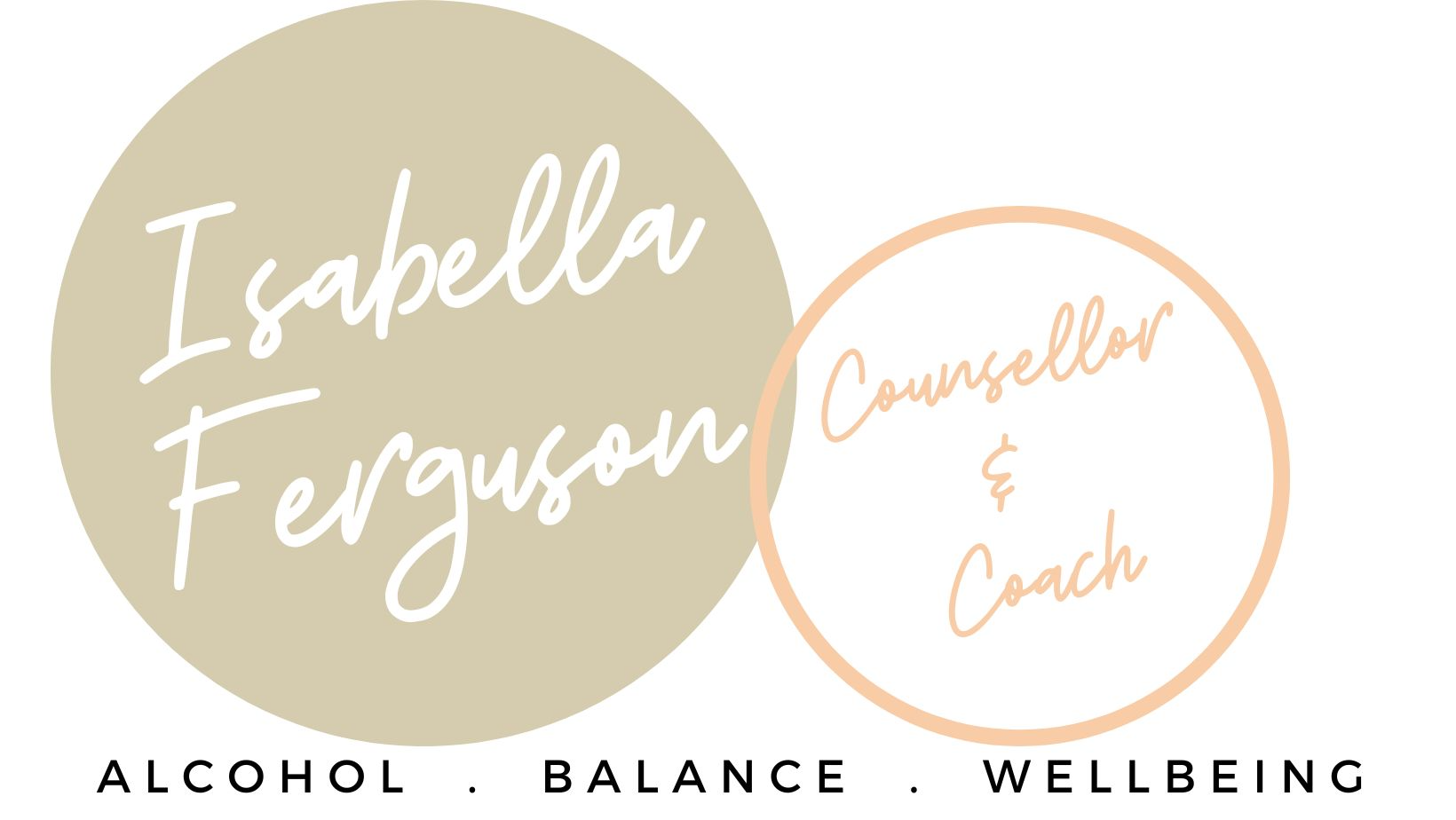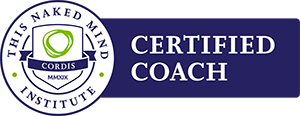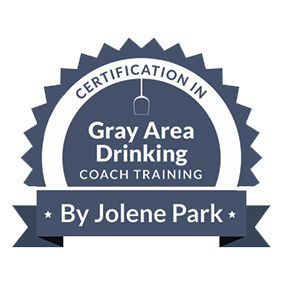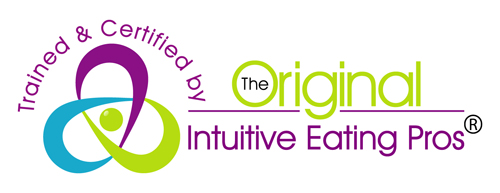Less than a week!
You may be eyeing off the 2023 finishing line and thinking “I’ve got to cut back the booze!”. For those of you who have been finalising endless deadlines and pushing through never-ending work events, this thought is more common than you think, and for good reason.
Alcohol use can dramatically increase this time of year as a source of energy, social lubrication and relaxation. You may feel compelled to partake more than you want, nervous that you may miss out professionally if you drink less or abstain all together.
Alternatively, you already be alcohol free and want to remain that way for the foreseeable future. Your commitment can be tested at this time as alcohol just seems to be EVERYWHERE (more so than usual anyway….).
Drinking less at professional and social events now is a great decision if you want some fuel left in the tank to spend with family and friends over the holidays.
Here are seven tips that you can start now that will allow you to continue to enjoy the festivities but wake up hangover free.
1. What does a successful Christmas Day look like to you?
Play the tape forward and keep your eye on the prize. Consider ahead of time what a successful day looks like for you? Is it about socialising, circulating, being articulate, adding value to conversations, having a laugh (not being the laugh) and leaving before things get messy? Then keeping to the alcohol-free options is the way to go.
The key here is to visualise a successful event. If you do this in a calm moment and visualise each step of the day, the limbic area of your brain doesn’t know if this occurred or not! So when you are there on the day, a successful alcohol-free day is more viable, do-able and stress-free.
A related tip is to set feeling-based goals. Would you like to feel refreshed, regret-free and energised at the end of the day? Feeling-based goals are more effective than behaviour-based goals, so think about how you want to feel afterwards and the morning after. More than 2-glasses will hamper this goal.
2. Know that you will encounter ‘difficult people’
Whether it’s a family member (or a few!), a colleague or someone in your social circle, there will always be someone around that will push your buttons. These people, for whatever reason, can activate your nervous system and increase those stress levels. In these moments we may want to seek refuge in a drink to soothe and numb. They may even try to bully / shame you into having a drink – nothing worse!
Have an escape plan that limits your exposure to this person. Plan some boundaries that keeps your psychological safety safe, even planning what you may say if they cross a line, and then find a friend to debrief with. Why comprise your health for this one interaction? Think of what your goto stress release techniques are (breath-work? a quick walk? hit the dance floor?!). Easier said than done sometimes but remember, you are in this for the long game.
Dr Rebecca Ray’s Difficult People is worth a read for extra tips. Alternatively, listen to my podcast with Dr Ray!
3. Delay your first drink (if you are having one) until after the meal
Stress, no food and alcohol do not mix! You will be more susceptible to cravings if you’ve been working / running around all day, and you enter an event on an empty stomach (this includes coffee!). Work/family-stress on an empty stomach increases the release of stress hormones in your system. So, your blood sugars will be depleted, you will be tired and stressed and you will crave alcohol more. Prepare by eating foods rich in proteins and fats throughout the day, starting at breakfast.
Another tip is to drink alcohol-free options for the first hour (call ahead to see what’s offered) and keep pushing back your first drink in 30-minute increments. You’ll eventually think ‘what’s the point?’.
4. Game Plan
One or two-hours spent at an event is enough time to circulate, network and leave vaguely refreshed. Certainly nothing good happens after four hours!
Family gatherings are harder as they can drag on and on over the holidays. So set some game rules. Exercise before the event if possible, take your favourite alcohol free options (I love the flavours of NON this time of year), and, if it’s a long family gathering, certainly take time to go for a walk. Also, create something lovely to go home to, like fresh sheets, dessert, a good Netflix show and an early morning exercise. Set a ‘go home’ time if you are hosting – honestly.
5. Getting over FOMO
Many people actually feel anxiety-related FOMO now in relation to not drinking on Christmas Day. Keep these thoughts in check by asking yourself what are you really envisaging when you think you will be missing out? Are you romanticising alcohol? Perhaps you are simply super keen for a fun and fabulous day with family and friends and you have never tried an alcohol free Christmas before. Think – what can alcohol possibly do to add anything positive to your day?
Reframe your FOMO and play the tape forward two ways. First of all visualise a Christmas Day in which you drink. Visualise it step by step, knowing that one glass will likely be many, will make you fatigued and lead to a hangover. Now visualise an alcohol free day. You will still be present, laughing, connecting, clinking a festive mocktail and doing all the things that everyone else is doing except for the one thing that will lead to a bad sleep and a dusty Boxing Day. I know which option I’d prefer!
6. Up-skill your alcohol knowledge
Read quit-lit, such as This Naked Mind. Listen to a podcast, such as Not Drinking Today. Join an online 6-week alcohol-free challenge designed to change your relationship with alcohol. Download an app, such as Mind the Sip. All of these things help bolster your motivation to change your habits.
7. Team up with an alcohol coach
Why not join forces with an alcohol coach to help you reach your goals through this festive season and beyond? Most of us want to drink less, and seek out to do so, but if you keep breaking your moderation goals, a coach can help to strategise events with you, boost self-confidence, and change your drinking behaviours long term. Profound improvements to your life can be achieved by drinking less long term.
Good luck out there!
You’ve had a big year, and you certainly deserve to celebrate and relax. Does alcohol really need to be a necessary part of this?
The fact is, it increases stress in the long run and impedes your long-term health goals. Why let your festive events hamper your achievement of these goals? By setting goals, being prepared and prioritising personal well-being, you can enjoy the holiday cheer without a hangover.
PS – Annie Grace, author of This Naked Mind will be our guest on Not Drinking Today on Christmas Eve!
PPS – Meg and I will be co-hosting our January 2024 episodes together to bring in the new year – tune in.
Happy holidays!
Isabella
________________________________________________________________________________
Introductory call
If you would like some support with your alcohol use book in a 30 minute confidential free chat with me below and we can make a plan together. Book now.
6 Week Alcohol-Free Online Self Paced Course
Are you ready to take a break from alcohol? Why not try my 6 week alcohol challenge (called The Alcohol Revolution), an online self-guided course designed to help you drink less. It’s not your usual run of the mill program. In addition to reframing your beliefs, we go deep into topics such as your attachment style, unmet needs and the need for radical honesty. Plus you get access to The Alcohol Freedom Library. Click this link below to learn more.
